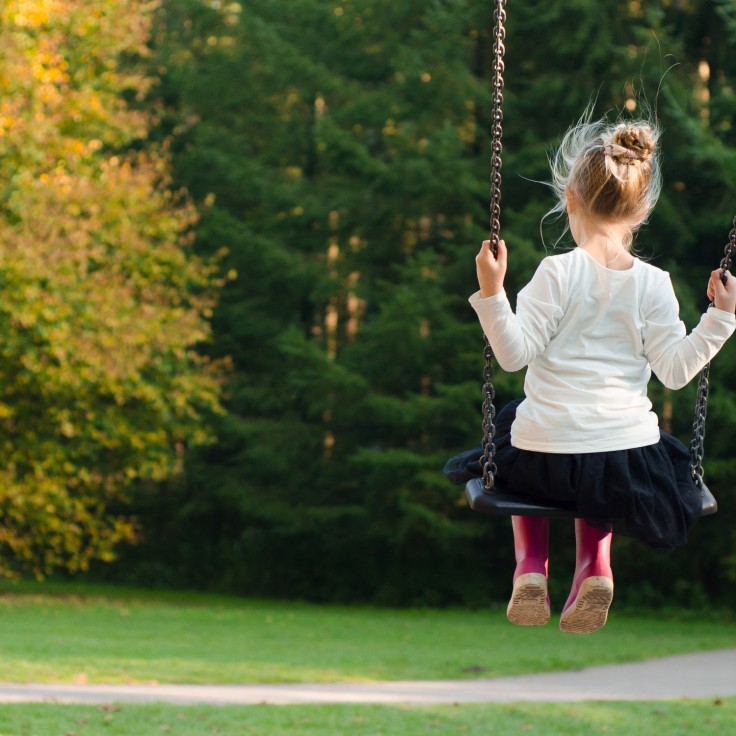
A study shows that playgrounds teach children how to be more accepting of others. Children today are overwhelmed with a lot of activities that stop them from playing outside. There are video games, television, after-school activities, not to mention their academics. But having fun and playing on playgrounds are important to them.
Based on surveys
Based on a survey by the International Play Equipment Manufacturers Association (IPEMA) of 1,000 parents, 92 percent of them feel that playing on playgrounds teaches children how to be more accepting of others, especially to those who have different abilities and backgrounds from them.
Nine in ten parents agree that playing with other kids on playgrounds teaches children to mingle with other kids, and accept them even with their differences in race and abilities. Also, 42 percent of these parents say that the positive effect of public playgrounds is watching their children play with other kids.
Social development
Playing on playgrounds is something that kids enjoy doing. When you and your child visit a playground, other children are there as well. And when they meet, playgrounds will teach children important lessons about social norms, how to interact with each other, and how to be more accepting, in which all will be helpful as they go their way to adulthood.
According to Tom Norquist, past president of IPEMA, what children learn in playing is accepting others who are different from them. In playing, children learn that even though some children are different from them, they are still the same when it comes to having fun and enjoying their games.
This shared joy and fun create a bond that can be felt throughout the playground. These experiences on playgrounds teach children to test themselves and join in new activities together as well.
Teach them how to be more accepting
Dr. Lea Lis, an author, and an adult and child psychiatrist said that playgrounds are places where children can meet other children from different races and different walks of life. Also, these children came from different kinds of parenting. In meeting each other this way, children will learn how to mingle with them and accept their differences.
Because of the pandemic
From the IPEMA study, 88 percent of parents believe that playgrounds teach children how to deal with the effects of unfairness in the country. This is important because this will help children to know and to handle race issues as they grow up.
But because of the pandemic, parents are being careful in letting their kids play outside. 42 percent of parents will only let their children play on public playgrounds once COVID-19 cases decrease in their areas, but 50 percent of them still agree that playing is more important than ever for their kids. They say that playgrounds teach children lots of skills and values that will be helpful for them growing up. And the good thing right now is, there are other games that children can play for now as they wait for the right time to safely go on those playgrounds again.